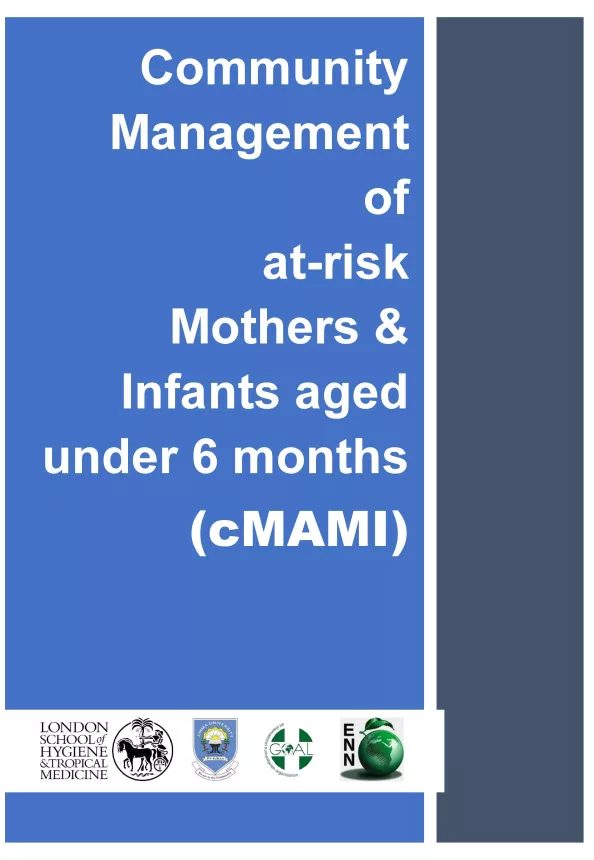Community Management of at-risk Mothers & Infants aged under 6 months (cMAMI)
Publication details
Stronger evidence towards future scale-up via a cluster RCT in Ethiopia
The challenge
Over the last 15 years, Community Management of Acute Malnutrition (CMAM) has revolutionized care for malnourished children aged 6-59 months. Rather than treatment in all too scarce, distant, difficult to access hospital settings as before, they are now treated as outpatients in easy to access local clinics. This enables programmes to: enroll many more children; to enroll them early (since access to outpatient care is much easier). Thus CMAM save lives: many children previously would never even have gotten treatment.
Since their needs are more complex, malnourished infants aged under 6 months (infants u6m) have been left behind. Equivalent community packages of care are not currently available and treatment capacity is limited. Their needs are rarely met. Sometimes, malnutrition in infants u6m is not even recognized as a problem. Yet globally, some 8.5 million are acutely malnourished.
Since 2008, determined advocacy by an international collaboration, the MAMI (Management of At-risk Mothers & Infants) Special Interest Group has helped catalyse progress for infants u6m. For the first time there was a chapter on infants in WHO 2013 guidelines on severe malnutrition. Despite some promising programmes run by NGOs (Non Governmental Organizations) this guidance has sadly not filtered through to front-line policy and practice in countries where infants u6m malnutrition is common. The major reason for this is a lack of evidence that programmes for infants u6m work and concerns about potential costs and scalability.
